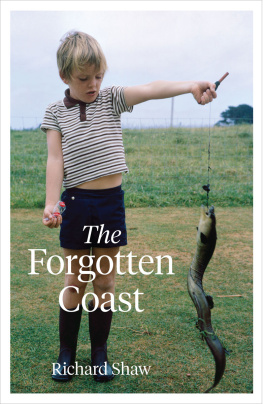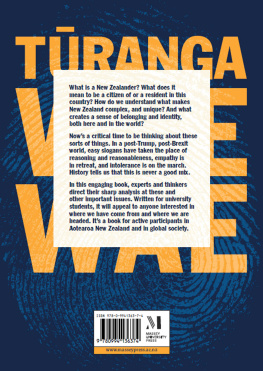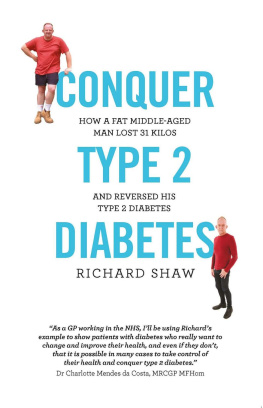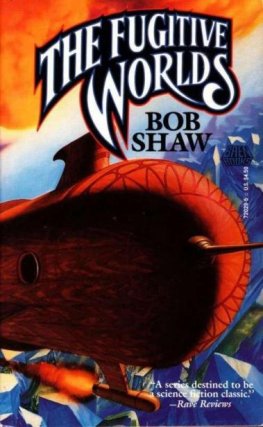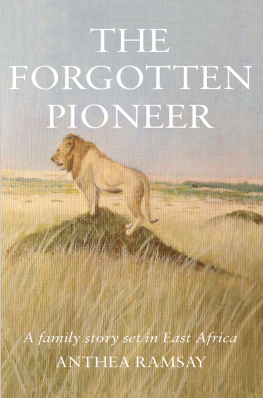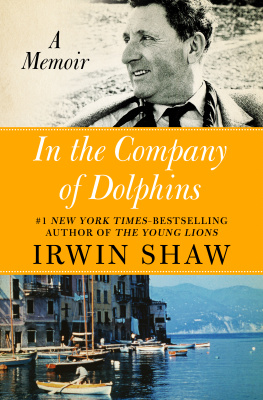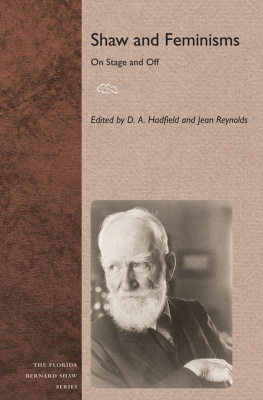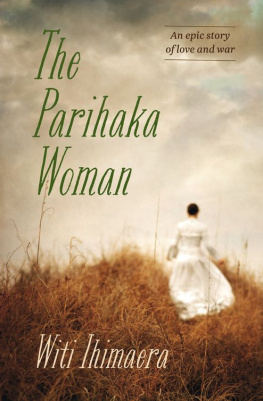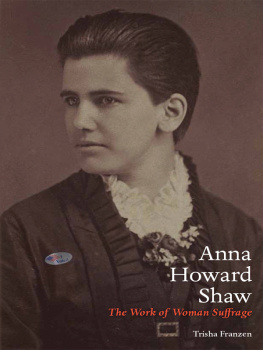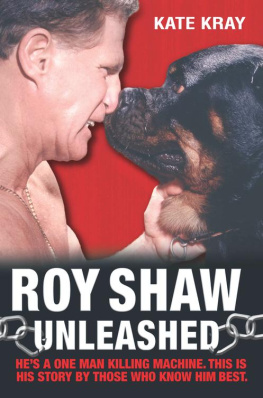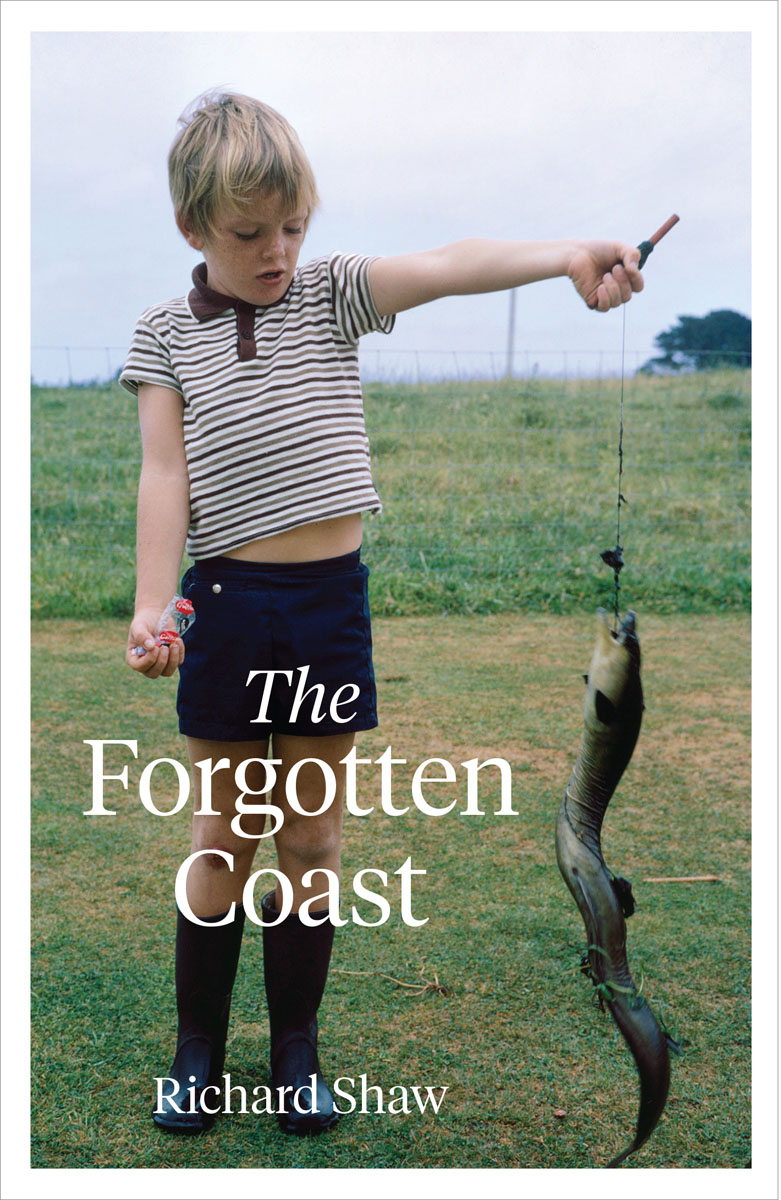

This book is for Camille and Rosalie, for whom the forgetting can end, and for Ema, who never forgot in the first place.
The lie of the sign, if I can put it that way, is in what it doesnt say, in the facts it leaves out.
Rachel Buchanan, The Parihaka Album: Lest We Forget
Contents

Prologue

T here are many possible beginnings to this book. I have chosen to start with an ending. It is Christmas Eve 2012 and my father is dying, unable to find his way back to us after heart surgery that had been described as routine but which quickly became complicated. There is a moment when we think we have him back; when it looks for all money as if he is about to make it to the surface. But his arms flail, his eyes do not regain focus and he sinks away into the depths.
He dies as he lived quietly, with little fuss, not wishing to bother anyone. There are grace notes. The young priest who wears cherry-red Docs; the gentle phone call at 3 a.m. suggesting we make our way to Dads bedside; my mother, whose tenderness and composure as her man leaves her I find breathtaking. I kiss his forehead and set out for the toilet with my sister Bridget, only to be called back. By the time we are with him again he has gone. Quietly. Without fuss. Youd almost not know. It is ten years since he died, and I often find myself back in that hospital room looking down at his broad forehead.
Not an easy nor ever a brief process, but one which my fathers death starts in me. You have to be wary of singling out particular events and saying: This is when it began, for doing that can give things a false sense of tidiness. But it can also prevent life from endlessly flowing through your fingers, and that is one of many things Dads dying did. It dragged to the surface a process of reflection and introspection that may have begun long before but which by then was pointlessly meandering along. It began to come into focus in Hamilton Hospital on Christmas Eve 2012. Fathers, sons and further back, behind those things, land, belief and belonging. Thats what this book is about.
One last thing before leaping in. In the Tom Stoppard play Arcadia, Hannah says: Its wanting to know that makes us matter. Otherwise were going out the way we came in. This is a personal account I own it. From time to time I refer to my family. When I do so I invariably have in mind either my own family (Ema, Camille and Rosalie) or my family of origin (Mum, Dad and my sisters, Barbara, Bridget and Jane) rather than the wider network of aunties, uncles and cousins on Mums and Dads sides. I wouldnt presume to know, far less to speak for, their views on issues that, for me, remain troubling and unresolved. It is not my place to do that. It is, on the other hand, my place to make sense of matters that reach far back into my past for Ive no wish to go out the way I came in.
Start here

I n a corner of a forgotten room in the Pontifical Lateran University in Rome lies a thesis on the intrinsic evil of the lie. It was written in 1932 by Richard Thomas Gilhooly, my great-uncle and a twenty-one-year-old student of the Pontifical Irish College. The work was submitted for a doctorate of divinity, the exam for which was exhaustive, stretching over two weeks and covering papers on dogma, speculative moral philosophy and church tract, as well as a public defence of the thesis. It was also exhausting, so exacting that at some point during his preparation for the ordeal Richard contracted the tuberculosis that was to blight his life and kill him before he turned fifty.
The bare bones of the story are that Dick as he was called by everyone other than the Latins, to whom he was Ricardus was twenty years old when he arrived in Rome from the Holy Cross Seminary in Mosgiel, twenty-one when he completed his doctorate, twenty-two when he was ordained a priest and forty-four when he died. But bare bones are never enough. Dick completed three degrees during the twenty-two months he spent living on the Via dei Ss Quattro, just 400 metres from the Colosseum. At the time the doctorate of divinity was a four-year programme (and about to be bumped up to five), but he knocked it off in two.
Because he was two years shy of the official age for ordination he had to obtain a papal dispensation from Pius XI in order to celebrate his first Mass at the old Catholic cathedral on Buckle Street in Wellington. (The minimum age for ordination at the time was twenty-four years, although with the popes blessing that could be reduced by eighteen months: Dick had to wait a year until he could even qualify for the dispensation.) He had been singled out by the Catholic hierarchy for post-doctoral study in the United States and England, but spent the second half of his life in and out of hospitals and catering to the parishioners of Carterton, Takapau, Masterton and Tkaka.
He has fascinated me for years, this priest-uncle of mine, and not only because of the appeal of a narrative arc that stretches from Pungarehu, the small coastal Taranaki town where Dick grew up and of which not much now remains, to the Eternal City and back again. Neither does the attraction entirely lie in the tragedy of a brilliant career wrecked by disease (although on this point Dick and I disagree: his later letters indicate he was quite content to come home to work in a local parish). Beyond the obvious there is something that happens when I use Dick as a lens through which to peer into my past. He refracts time, both forwards and backwards, in disturbing and compelling ways.
As bare bones go I find these ones deeply disturbing. They concern events that are at the heart of this countrys understanding of itself but which remain bitterly contested, in interpretation if not in fact.
We may be a farming nation (even if most of us have nothing much to do with the land any more), but in Taranaki the ground on which that farming takes place was taken from the people to whom it belonged. So in recent years Andrew has come to intrigue me, too; but whereas I approach Dick with a clean, clear sense of anticipation, Andrew is someone I have to come to terms with. With him the need to understand is a compulsion rather than a pleasure, one that comes from his role in one of the defining episodes in the violent enforcement of colonial rule in Aotearoa, and from the significance that involvement holds for me today.
The third man, Bob, is my father. His real name was Keith, but I never heard anyone call him that. His family had a way with names: Keith was Bob, Dianne was Mickey, Betty was Tim. When we were kids Dad would say K is for Bob, which made no sense whatsoever. He was a gentle, thoughtful man who spent the early years of his life in and out of hospitals and in a Masterton orphanage, and most of the rest of it dedicated to the family he had with Mum. Although he was in Wellington for only a couple of years while training to become a teacher, he was a townie to my mothers people on the Coast.
He knew nothing about cars or carpentry and didnt have much of a shed, but he was good in a kitchen and could wash dishes with his bare hands in scalding water. His sense of humour was on the dry side of flinty: the first time he and Mum went to the cinema he bought her a box of Queen Anne chocolates but said hed found it under the seat. She believed him.
Next page
